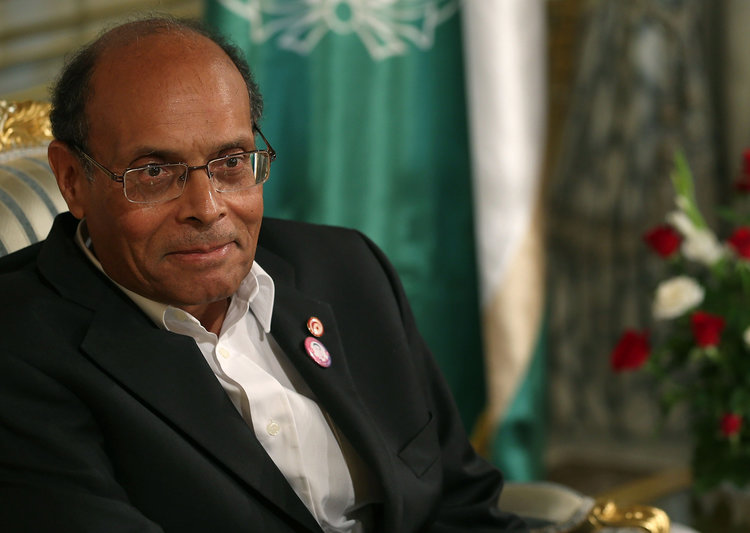
(AFP PHOTO/ANDREW COWIE)
Lawyers for Egypt’s Muslim Brotherhood have petitioned the International Criminal Court (ICC) to investigate crimes against humanity allegedly committed by the military-led interim government since the 3 July ouster of former President Mohamed Morsi.
In a Monday press conference in London, the legal team for the Brotherhood outlined “overwhelming evidence” against the Egyptian government, including “murder, unlawful imprisonment, torture, persecution against an identifiable group, enforced disappearances of individuals and other inhumane acts designed to intentionally cause great suffering, or serious injury to body or to mental or physical health.”
“In order for Egypt to return to the democratic process, it is essential that the people responsible for the violence following the coup are held accountable for their crimes,” the head of the Muslim Brotherhood’s legal team Tayeb Ali said. “There is no hope for democracy and the rule of law in Egypt unless international legal institutions do the job they have been created to do.”
The legal team claims to have evidence that implicates the police, military, and politicians in committing crimes against humanity, “…against Egyptian civilians protesting the coup.”
Egypt has signed but not ratified, Rome Statute Article 12, which allows ICC jurisdiction within its borders. The Muslim Brotherhood – addressing itself as the “democratically elected Government of Egypt” – has given its permission for the ICC to intervene.
Reaction to the petition among human rights lawyers in Egypt remains mixed, but many agree that the Muslim Brotherhood is facing an uphill battle.
“I doubt that the Muslim Brotherhood will be able to get the international court system moving as many countries see the current regime as legitimate,” human rights lawyer, Mohamed Zare’ said.
Zare’ called on the government to appoint an objective, comprehensive, international team to investigate the dispersal of the pro-Morsi sit-ins on 14 August.
“The ICC will take time—we know it’s not that easy. I think it will affect [the Muslim Brotherhood’s] situation in Egypt somehow. Many countries have objected to what happened, but [the ICC] won’t be as effective as they think.”
“The ICC has a unique opportunity to contribute to the prevention of widespread crimes being committed against civilians in Egypt,” a member of the Brotherhood’s legal team Rodney Dixon said. “By launching an investigation, the ICC Prosecutor will send a clear signal that the killings and abuses will not go unpunished and must end.”
On 16 August the Muslim Brotherhood’s political wing, the Freedom and Justice Party (FJP), appointed London-based human rights law firm ITN to represent them against Egypt’s government.
The appointment came after the dispersal of two sit-ins organised to protest the removal of FJP representative and Muslim Brotherhood member President Mohamed Morsi., the security actions resulting from which subsequently led to the death of hundreds of demonstrators.
The International Criminal Court , governed by the Rome Statute, is the first permanent, treaty-based, international criminal court established to try perpetrators of human rights violations.

